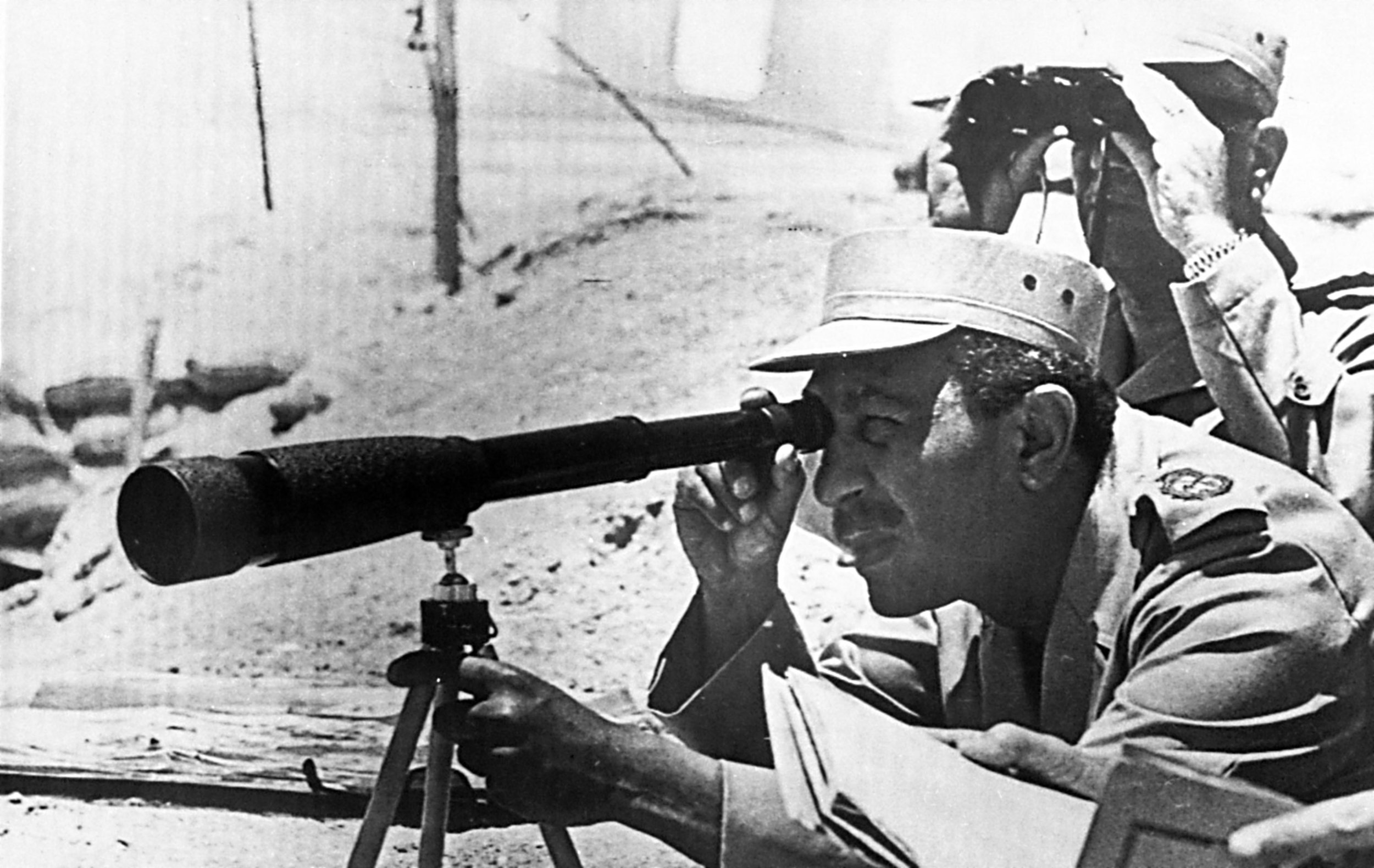In the lead-up to the February 24, 2022 invasion of Ukraine, Western nations threatened Russia with severe economic sanctions, export controls, and other punitive economic measures if it proceeded with an invasion. These threats were ignored. Over a year into the invasion, Russia’s economy and war-fighting capabilities are hurting. Punitive economic measures by the West have shut Russia out of the global economy and challenged its ability to profit from oil sales, import critical technology, and finance its war effort.
On American Grand Strategy
The country should expect its national security establishment and non-government stakeholders to be deep thinkers in America’s strategic vision in addition to being able to respond to crises. Instead, the country continues to have a disjointed, fiscally neglected, highly polarized, and heavily militaristic foreign policy that lacks a view of the important strategic horizon. It is time for the United States to rediscover its national and international grand strategic goals.
DIME without the “M” is DIE: A Case for Conventional Military Power in Modern Strategy Discourse
Fear of great power parity creates panic among the strategy community that the United States is unable to respond to flashpoints of crisis across the globe, such as the Russian take over of Crimea or Chinese actions in the South China Sea. Supposedly, American hesitancy rests on an inability to adequately strategize. To overcome this shortcoming, experts want the United States to be more like its opponents, adopting the teachings of Sun Tzu and winning wars before wars are fought via the use of diplomacy, intelligence collection, and economic power, thereby marginalizing the use of military force. This insight means changing the calculus among these four instruments of national power, inviting disaster since one invites reconfiguring DIME without the “M” as DIE.
Operation BADR: Defeating A2AD with DIME
The 1973 Arab-Israeli War provides an example of how even relatively inferior forces overcame similar threats from a more powerful adversary through a whole of government approach. Moreover, in an age of increasing emphasis on technological supremacy in warfare, Operation BADR proved that leveraging all elements of national power in crafting operations can yield an equally effective path to victory absent superior technology. There are, perhaps, lessons here for the U.S. and others.
DIME, not DiME: Time to Align the Instruments of U.S. Informational Power
All the instruments of U.S. informational power must become stronger because of the surge of non-state actors in international affairs, the need to integrate advocacy and influence with more coercive tools of statecraft, and the urgency of again considering the war of ideas. The information environment of the 21st century will feature contested narratives, information blocking, Islamist social media, Russia’s hybrid warfare, and China’s three warfares.
Searching for Strategy…and Finding it in the Most Likely Place
Strategy is really not that hard. That may seem strange given the mountain of monographs, White Papers, and policy briefs generated over the years debating the direction the ship of state has headed, or as some charged in recent years, if we even had a ship left at all. Yet despite the deluge of discussions, consensus about what good strategy looks like remains elusive, and any reasonable measure of effectiveness of those efforts seems to indicate persistent and pervasive failure. Many fault poor implementation, a failure to go deep enough into “whole of government” with otherwise winning strategies. More damning are the criticisms that underlying strategic assumptions have failed to make sense of complex human values and interests. Still others lay the blame at the decision-makers themselves, or at the very least, their information gatekeepers who lacked strategic vision, narrowed instead by parochial myopia. As frequently as those critiques have come up in the past, what if instead the issue lies at a more fundamental level, and that once clarified, it could provide the guidance needed to make strategy possible in the first place?
The Dictator, dimE, and Africa
Robert Mugabe — the 90-year-old despot, long time leader of Zimbabwe, and recently selected African Union chairman — takes every opportunity he can to deride the U.S. He has spoken out against the ‘imperialist’ U.S. throughout Africa and on the stage of the UN. The quintessential autocratic dictator remains a pesky thorn in our side. For many, the fact that he remains in power represents a failure of U.S. policy. While his existence may not be palatable to the western world writ large, a well-developed U.S strategy has limited his nefarious behavior and caused his influence to dwindle. He has been reduced to a silly old man spending his remaining years criticizing what he calls American imperialism. U.S. policy towards Zimbabwe, with no military force, and very little assets, has neutralized him. In an age of limited resources, U.S. policy towards Zimbabwe provides a blueprint for containing rogue states.








